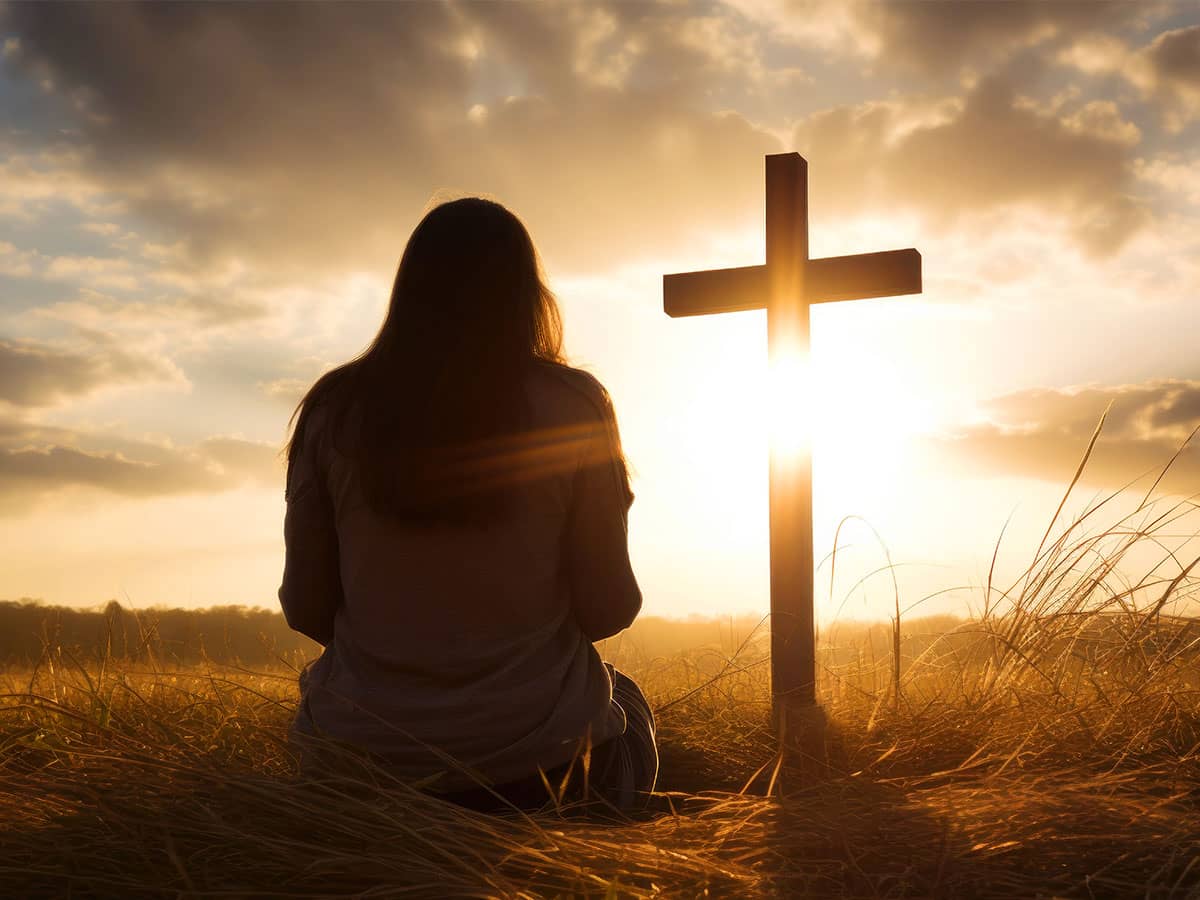America's Roman Catholic bishops have begun to talk recently about holding politicians who claim to be Catholics to Catholic doctrine on issues like abortion and marriage. Some of them seem to be responding to a Vatican "instruction" issued last year that said politicians who call themselves Catholic have a "grave and clear obligation to oppose any law that attacks human life." But even before the Vatican document appeared, word had leaked that bishops had privately counseled some pols--Senate Minority Leader Tom Daschle reportedly among them--to hew closer to the tenets of the faith they advertised on their campaign literature.
So far bishops have chosen to persuade with words rather than deeds. But during last week's Missouri primary campaign, St. Louis's new Archbishop Raymond Leo Burke addressed Kerry's liberal views. "I would have to admonish him [Kerry] not to present himself for Communion," Burke said on a local television news show. "I might give him a blessing or something." As bishop of Wisconsin, Burke had also said he would withhold Communion from local Catholic politicians.
Forty-four years ago, the controversy about Kennedy's Catholicism centered on whether his faith would unduly influence U.S. policy. Then, abortion was illegal in all 50 states. Today, when abortion is widespread and vigilantly defended, and, thanks to the Massachusetts Supreme Judicial Court, same-sex marriage is growing more likely, Kerry's "Catholic problem" may be how little influence his religion may have.
Kerry tends to be a straightforward "Massachusetts liberal" on social issues. He not only supports abortion, but has repeatedly voted against restrictions on partial birth abortion. He has said that, if elected, he would not nominate a pro-life candidate to the Supreme Court. On gay marriage he has ducked and weaved a bit, voting against the Defense of Marriage Act in 1996, but trimming his public statements since then, perhaps in deference to polls showing that same-sex marriage is unpopular.
A Kerry campaign aide told the St. Louis Post Dispatch that the senator disagreed with Burke, but accepted his right to make such a decision. "The archbishop has the right to deny Communion to whoever he wants, but Sen. Kerry respectfully disagrees with him on the issue of choice," said a spokeswoman.
Kerry will have less freedom to disagree in Boston, where he normally attends church. Boston Archbishop Sean O'Malley, like Burke a newcomer to the role, has been more cautious. "A Catholic politician who holds a public, pro-choice position should not be receiving Communion," said O'Malley a few days before his installation. However, he added, "the Church presumes each person is receiving in good faith. It is not our policy to deny Communion. It is up to the individual." Both Massachusetts senators, Kerry and Ted Kennedy, attended O'Malley's installation ceremony last July, and both received Communion.
Some argue that O'Malley should crack down on Kerry. "I find O'Malley's position incomprehensible," says Philip Lawler, former editor of the archdiocesan paper, the Boston Pilot, and today the editor of Catholic World Report. "It's like having a police chief who says we have a 50 mile-an-hour speed limit but if you drive at 80 we won't do anything about it."
Deal Hudson, editor of the Catholic magazine Crisis, has accused the bishops of being "afraid of alienating pro-choice Catholics and suffering the consequence of that alienation, including loss in donations."
Lawler thinks O'Malley won't risk a high profile confrontation with Kerry, citing his record of conciliation first as bishop of Fall River, Mass., and then Palm Beach, Fla. "While he was there we never heard any squeals of protest from the liberals," Lawler said. He thinks the same will hold true in Boston.
On the issue of gay marriage, O'Malley has taken a more activist stance. He has asked Catholics to contact their state representatives to urge them to support a constitutional amendment banning gay marriage. He criticized the "overly activist" Massachusetts justices who wrote the gay marriage decision. The court seems determined to "usurp the rightful role" of the legislature, O'Malley said.
O'Malley's response looks like the Church in microcosm. Over the years, Catholic bishops have shown themselves to be more willing to talk politically than act pastorally. They may well be taking the Pope as their model. John Paul II's papacy has been characterized by an endless stream of political statements, but rarely has he indicated how he expects his leading bishops to behave pastorally in their jurisdictions.
Last summer, Kerry went on the offensive against the Vatican on gay marriage; an AP story bore the headline "Kerry Scolds Vatican." He opposed the Vatican's claim that Catholic politicians have a "moral duty" to oppose laws granting legal rights to gay couples. Echoing Kennedy's position in 1960, Kerry said, "I believe in the Church and I care about it enormously. But I think that it's important to not have the Church instructing politicians. That is an inappropriate crossing of the line in America."
But Kerry has areas of agreement with the Church, and could appease Catholics by emphasizing that his views on capital punishment are the same as John Paul II's. At a papal mass in St. Louis in 1999, the pontiff called capital punishment "both cruel and unnecessary."
In 1984, the Democratic vice presidential candidate, Geraldine Ferraro of New York, was a Catholic. After a brief flurry of rumors that New York's then archbishop, the late Cardinal John O'Connor, might dare to excommunicate her, nothing came of it. Some have dated the waning of the pro-life movement to that moment.

